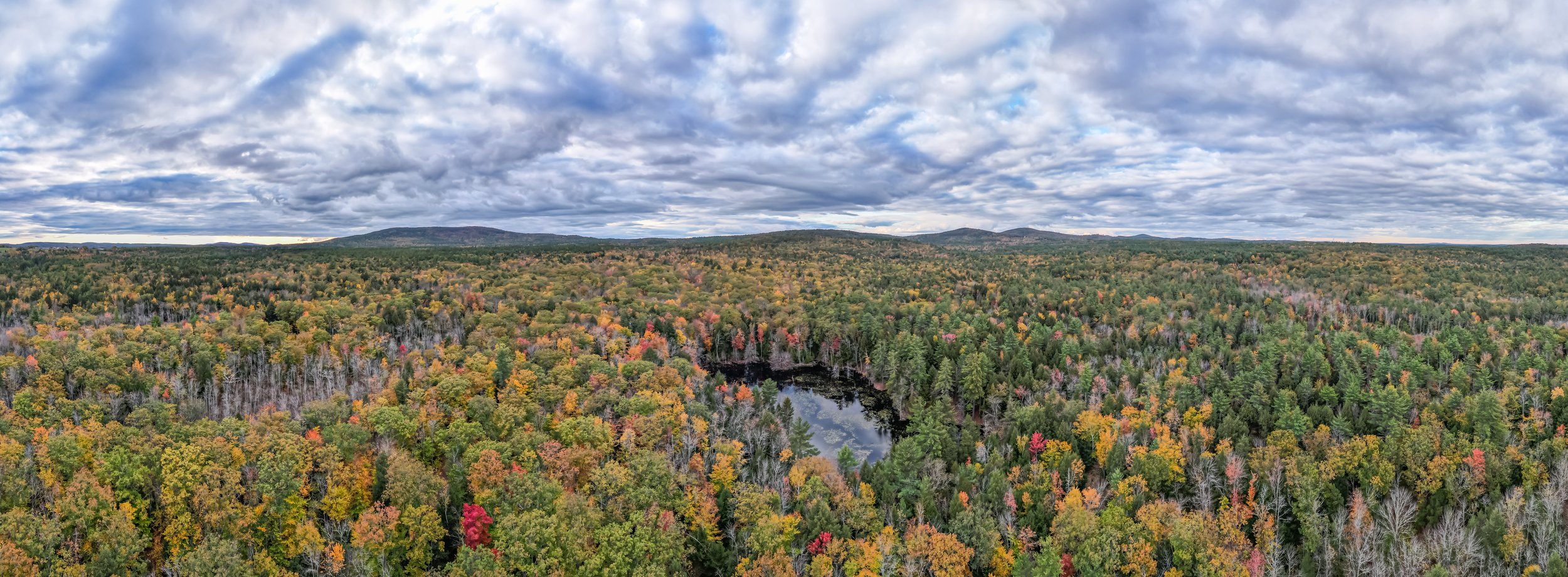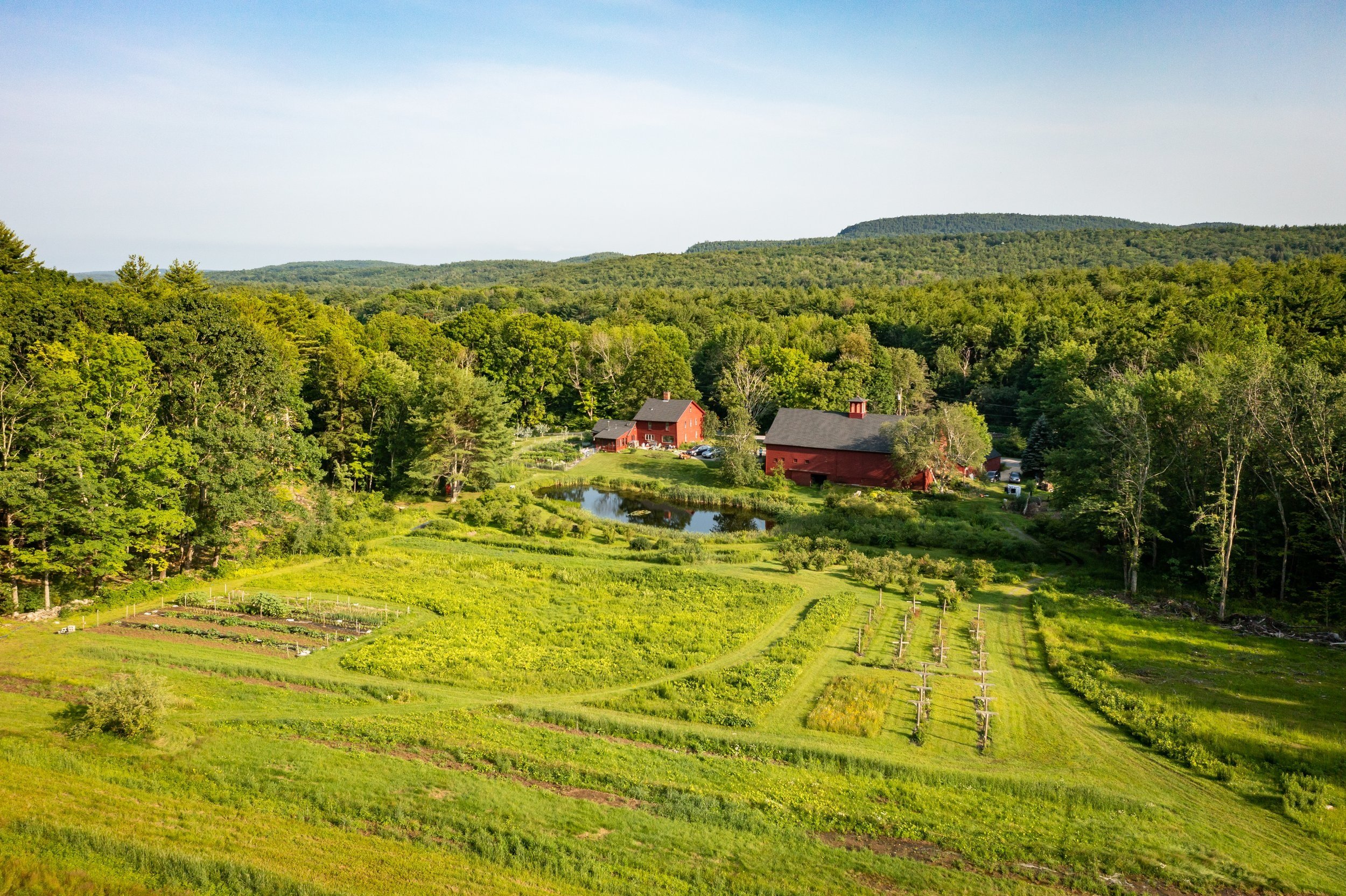
Why is land conservation important?
Protecting the water we drink.
All water flows over or through the earth, and to protect our drinking water we must protect the land it moves through.
Preventing the fragmentation of wildlife habitat.
Large areas of undeveloped land are important to all manner of plants and animals. They typically include a greater variety of microhabitats, more room for animals to migrate and disperse safely without being forced to cross roads, and a greater resistance to invasive non-native plants & pests.
As our climate changes, larger blocks of habitat will be more resilient in the face of rising temperatures, changing weather patterns, and the resulting changes in species habitat ranges.
Preserving local industry.
Local farms are good for the environment, the local economy, and for the farmers & their customers. By supporting local industry, we support our community.
“The well-being of communities of plants and animals depends on how intact and undisturbed their habitats are. Top threats to this are land fragmentation (larger roadless habitat blocks divided into smaller ones) and damaging land uses. Protecting against these by connecting and enlarging conservation lands was a principal motivator for Bear-Paw’s founders, and still guides our core mission.”
-Frank Mitchell, founding member
How do we conserve land?
Land conservation can be achieved in a variety of ways: through conservation easements, land trust ownership, deed restrictions, and more.
Bear-Paw primarily utilizes conservation easements and fee ownership to conserve land, but are also happy to facilitate land protection projects with other agencies where appropriate. We partner with private landowners, towns, state and federal agencies, and other nonprofit organizations to complete land protection projects.
Conservation Easements
Conservation Easements allow landowners (private or public) to retain ownership of the land while permanently limiting the uses of the property. Easements also grant qualified organizations (government entities or non-profits like Bear-Paw) certain rights & obligations that help ensure the terms of the easement are upheld.
Conservation easements can be donated or purchased at no greater than the qualified appraisal value. The value of any donated conservation easement may be tax-deductible as allowed by law.
Land Trust Ownership
Ownership of land can be transferred to Bear-Paw through donations, bequests, or sales. The purchase price can be no greater than the qualified appraisal value, and any donated value may be tax-deductible as allowed by law.
Our local conservation partners are excellent sources of information:
Learn more about what has motivated our easement landowners to conserve their land with Bear-Paw on our Testimonials page.
For more information on the ins and outs of conservation easements, visit our Easement FAQs page.






